Why does Scotland have a serious problem with addiction? Ahead of a new TV series, Michael Alexander speaks to acclaimed social commentator Darren McGarvey about the deep-rooted realities as he calls for an end to stigma.
Social commentator Darren McGarvey is no stranger to addiction.
In 2013, the rapper sought help to stop his drinking because “it had got to a point where it just seemed like every time I had a drink I would drink more than I planned to or I would end up using drugs on top of it.”
Darren sought help through community-based recovery groups and, despite a “couple of slips over the years”, he has spent most of the last decade alcohol free.
It’s a journey he explored in his 2018 Orwell prize-winning book Poverty Safari where he detailed his experience of growing up in a tough area of Glasgow with an alcoholic drug-abusing mother.
But with Scotland classed as the gambling capital of the UK, recording the highest levels of alcohol and drug-related deaths, and with two thirds of adults overweight or obese, are there deeper reasons for Scotland’s addiction problems – and what can be done to make the situation better?
Human cost of addiction
In a new TV series, Darren builds on his own experiences to take a deep, impassioned and personal look at the reality of addiction.
He delves into the causes, the science, and the very human cost, travelling across the country talking to experts and people who have suffered directly.
In an interview with The Courier, Darren explains that his own experiences of addiction undoubtedly help him empathise.
By taking an ethical human approach and sharing some of his own experiences, he creates rapport and trust with interviewees.
While the reasons for addiction are “always speculative”, he says, converging themes include socio-economic stress, overabundance of alcohol in culture coupled with social isolation and exclusion that comes with falling on hard times and being estranged from family.
Usually in the mix there’s also some sort of recent or past tragedy that’s developed into trauma whereby alcohol is used to numb some of the difficulties that manifest in daily life.
“The difficulties for me back then were I became residentially unstable at a very young age, dislocated from family,” he says.
“I was living on my own when I really started to drink more heavily. People often acquire the alcoholic drinking habit long before they’ve actually noticed.
“Eventually every problem drinker crosses a red line where you can never really go back to drinking safely again, and that seems to be what happened for me.”
Social class
Statistics suggest higher rates of addiction amongst people from lower class or working class backgrounds.
They might have fallen out of an education system that was not structured to accommodate their very specific behavioural and learning needs, he says.
Once excluded from school they are more likely to become known to the police and criminal justice system.
But what’s interesting, he adds, is the “sheer amount of alcohol consumed at dangerous levels by affluent people too”.
“What is interesting,” he says, “is they possess the material resources to mitigate some of the harms affected by that and as a result of their social position their alcohol product and their alcohol behaviour culturally is not stigmatised.
“They are not drinking in public pubs every day and falling out into the street, kind of scandalising themselves.
“They’re at home or they’re at social functions and also as a result of their social position in the post codes they live in, because of health inequality, it means on average they’ll get more help from their GP to help any issues that do come up.”
Tackling stigma
Darren agrees that the stigma of addiction remains.
Only recently, he says, did the Scottish Government concede it had “let people down” by cutting funding to alcohol and drug partnerships despite warnings it could lead to more deaths. He’s since welcomed news of further funding.
But on the human side, he encountered many people during filming whose stories just couldn’t be told such was the complexity of their issues.
“That’s what a lot of people don’t realise when you encounter someone who is in the midst of their addiction or their problem drinking and you encounter them in the social environment that’s quite typical for them to congregate,” he says.
“So for example under the Central Station bridge at the weekend in Glasgow, they will very much present their public persona which is a bit abrasive, very sceptical, perhaps a bit loud.
“Basically they almost repel compassion and support just by their demeanour.
“But see the minute they realise you are paying attention to them?
“And and see the minute they realise you are meeting them on a human level and that you see them as a person and you don’t see them as an animal or a vagrant?
“They very quickly begin to emotionally break down and they begin to weep and they begin to tell you what is going on with them.
“I’m not exaggerating when I say every single person that I encountered who was still in the grip of their problem when I spoke to them as a human being and they could see I was really listening, they just erupted with emotion.
“These people are in so much pain.
“They are so broken and normally the average punter doesn’t get to see that side of them because the average punter is understandably very frustrated that all the bits of help they have given people they ‘ve seen in the street, seems to have come to nothing.
“That’s not because of the people that they see, that’s because of the systems that are set up in such a way as almost to stop people getting well.”
Drugs in Fife
The emphasis in the first episode is on the country’s problematic and historically unhealthy relationship with alcohol, while the controversially high level of drug deaths and addiction in Scotland is the focus of the second episode.
This includes a trip to Fife where he is trained to use the life-saving treatment Naloxone, which reverses the effects of an opioid overdose, and meets Reece who has been saved by it twice.
Behavioural addictions such as food, gambling and sex are examined in the third part.
Addiction, as Darren explains, is often closely linked to socio-economics.
It shouldn’t be a surprise then that with the cost of living rising so dramatically, Darren is “extremely concerned” that problems could be about to get much worse.
Cost of living crisis
“Obviously the economy is producing wealth for some people,” he says.
“The rents are all going up, the oil companies are posting record profits, there’s a lot of spin how the people at the top are being hit hard, when in actual fact our capacity to generate wealth is practically uninhibited.
“The question is how is the economy structured, how are the rules set up?
“What you find is the people born further down the scale – not only are they getting less for the work that they do or less access to services that they need, but also the system is more punitive in terms of punishing them.
“It over penalises them for when they do take a wrong turn and this is really reflected across aspects of the drugs sector historically where you could be excluded from treatment for lateness or for having what is regarded as a bad attitude in a chemist.
“Meanwhile at the top of the food chain there’s blatant disregard for the rules.
“You see the effects of lack of accountability, and so really at the core of all of this I would say that the drugs deaths and the alcohol deaths are just one output of a bigger inequality picture that covers not just money and wages in the labour market, in education, but also accountability.
“That is a time bomb in itself.
Historic issues
“I would say as well one of the problems you have in Scotland and why we are at the top of all the wrong league tables is historic.
“Economically, our country was altered quite profoundly by the pace of industrialisation and our role at the very heart of it Britain.
“Then there was the speed of deindustrialisation.
“The economic and social cultural shocks were so big that I think we lacked the proximity of government to come up with their own strategy to deal with these things because we are being governed remotely from London.
“You see the problem of proximity with respect how the Scottish government misread the decision to cut funding for alcohol and drug services.
“So imagine the decisions that are being made from London and politicians are even more socially remote from the conditions on the ground?
“I’m not saying independence will solve this, but obviously you need politicians that are a bit closer to the action and taking decisions and making policies that are based on conditions on the ground here.
“I do think that combination of factors is why Scotland continues to rank highly across all of these health problems and addictions.”
*Darren McGarvey’s Addictions, Ep 1/3 airs on Tuesday May 10, BBC Scotland, 10.00-11.00pm.
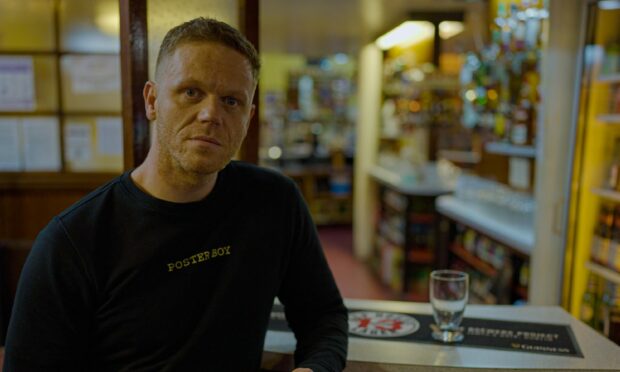
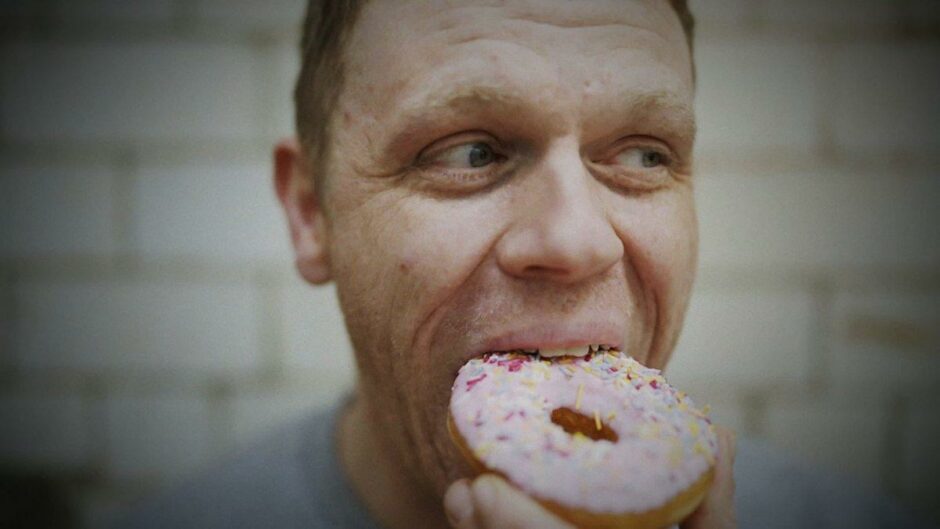
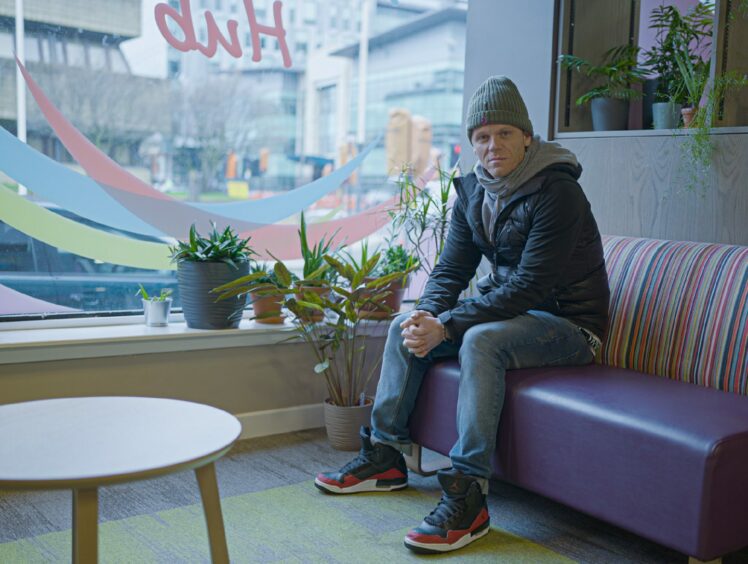
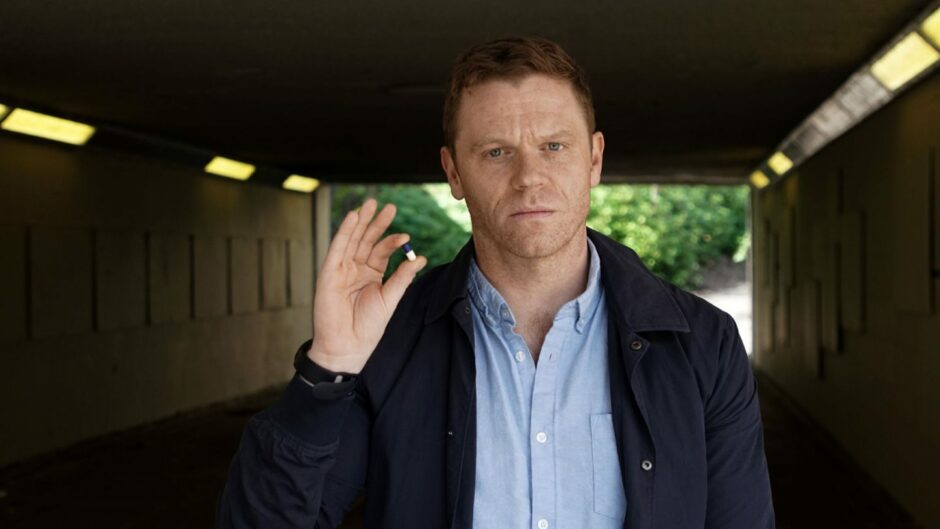
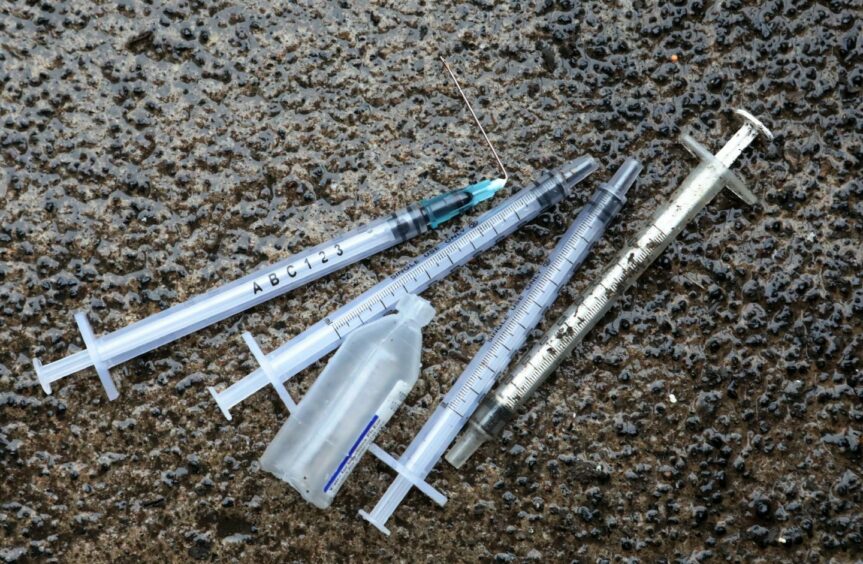
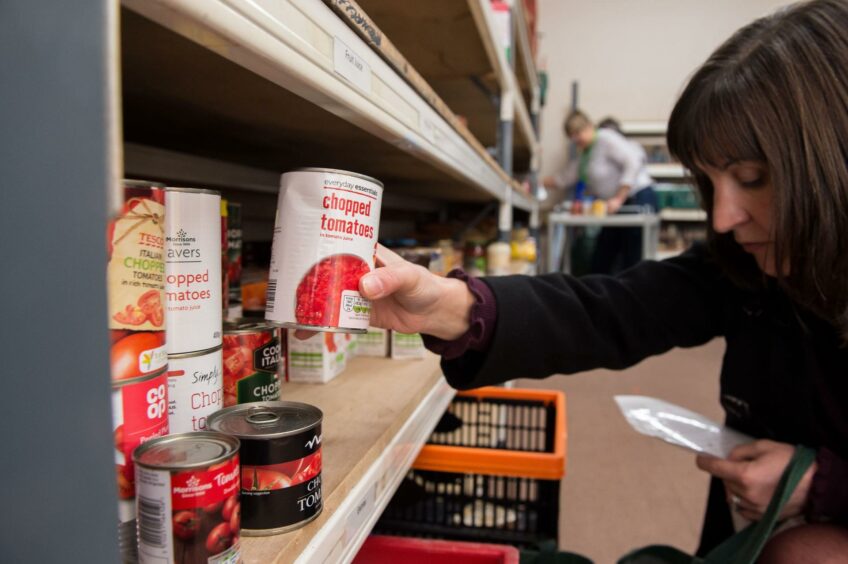
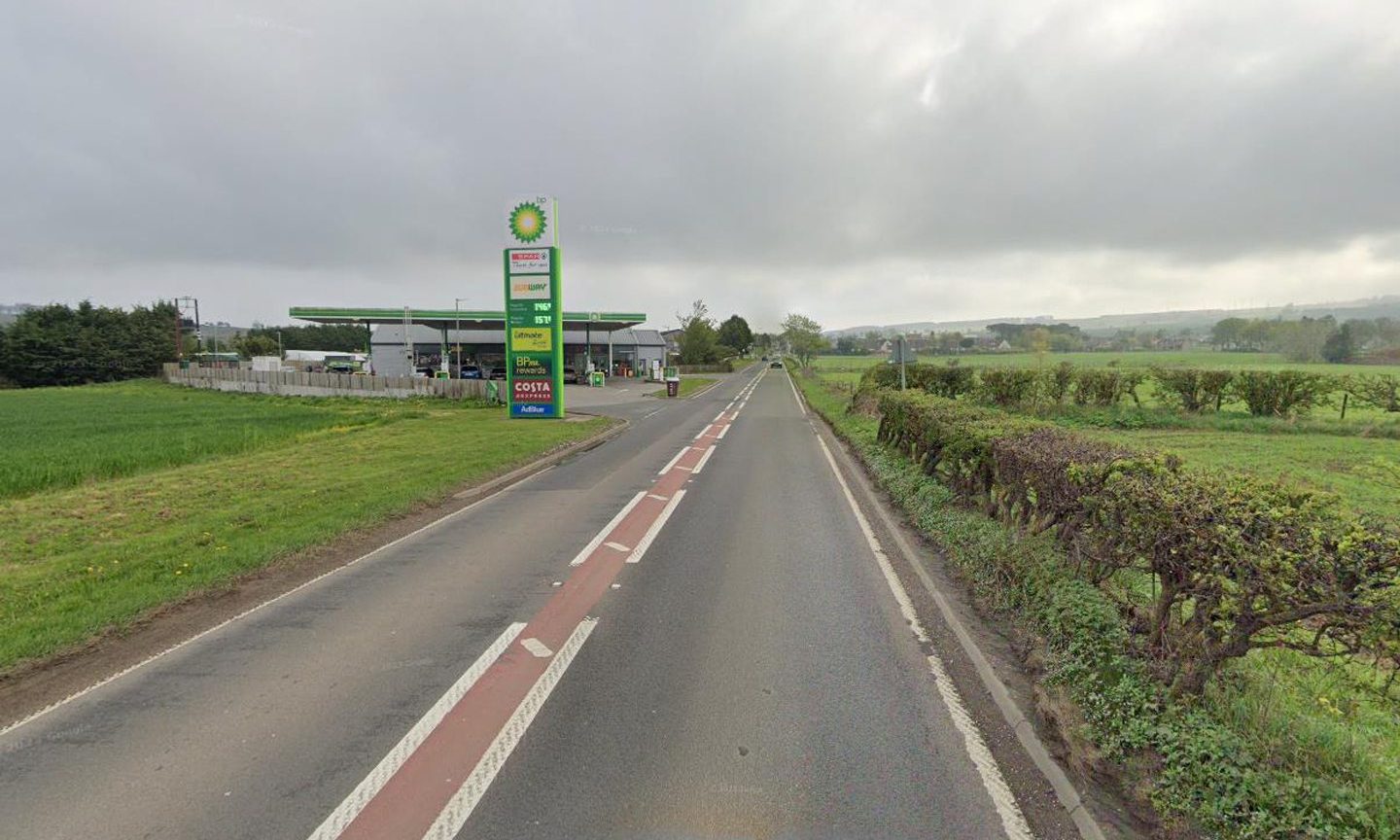


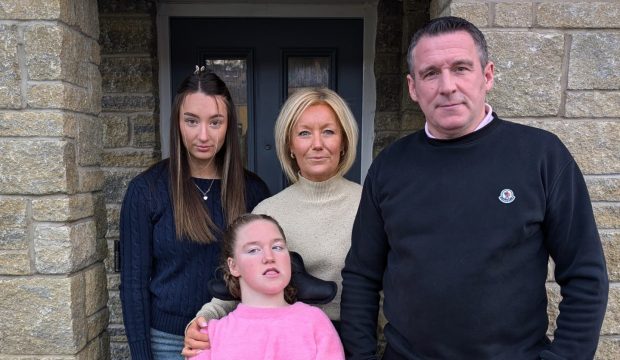
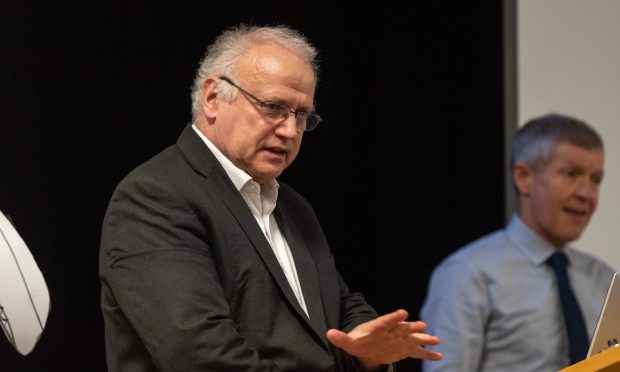





Conversation